Our History

Our story is one of
Tradition & Evolution
And a legacy of leadership that spanned from Funakoshi to Nishiyama to AAKF.
Handpicked by founding karate master Gichin Funakoshi to spread the art to the West, Sensei Hidetaka Nishiyama led with purpose — founding AAKF and shaping generations of martial artists who continue to pass on the torch.
Sensei Nishiyama’s
Traditional Karate
Sensei Nishiyama moved to the United States in 1961 and formed the ‘All American Karate Federation’ (AAKF). In 1973, Nishiyama co-founded the Pan American Karate Union and was elected as its first Executive Director. He later became Executive Director of the International Amateur Karate Federation (IAKF) in 1974, an organization which later became the International Traditional Karate Federation (ITKF) in 1985. In 1979, the AAKF became what it is known as today, the American Amateur Karate Federation and Nishiyama was elected as its inaugural President. Under the guidelines and direction of these international and national organizations, competitions and events were held to provide training opportunities for practitioners from around the globe.
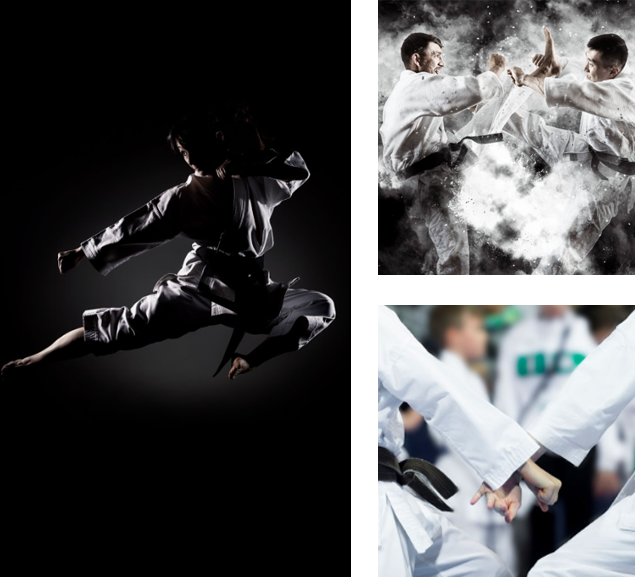
1928-2008
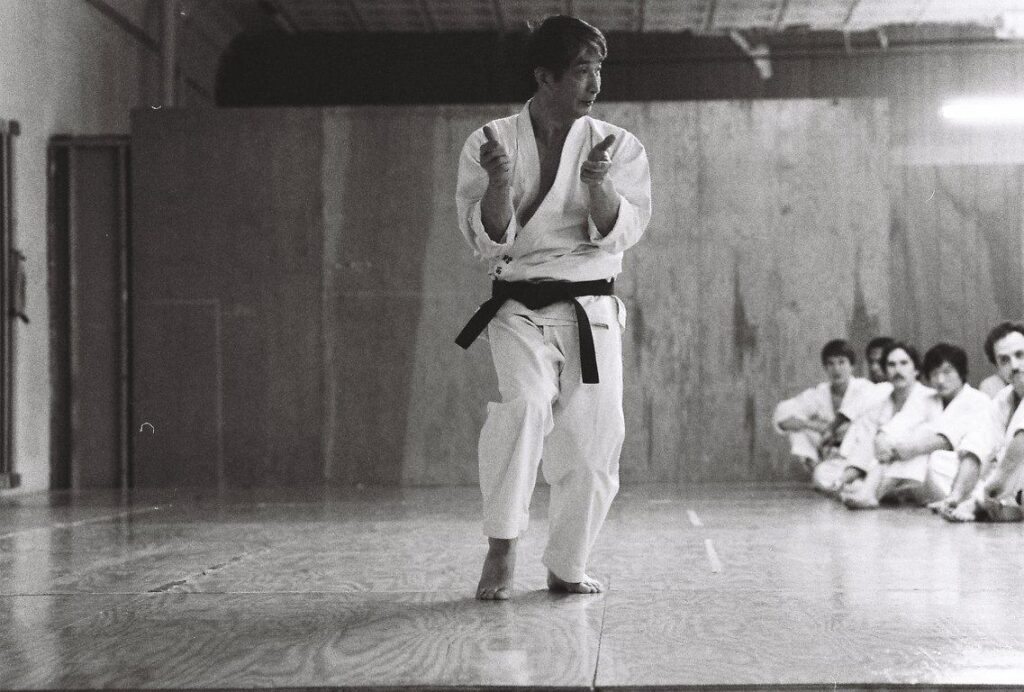
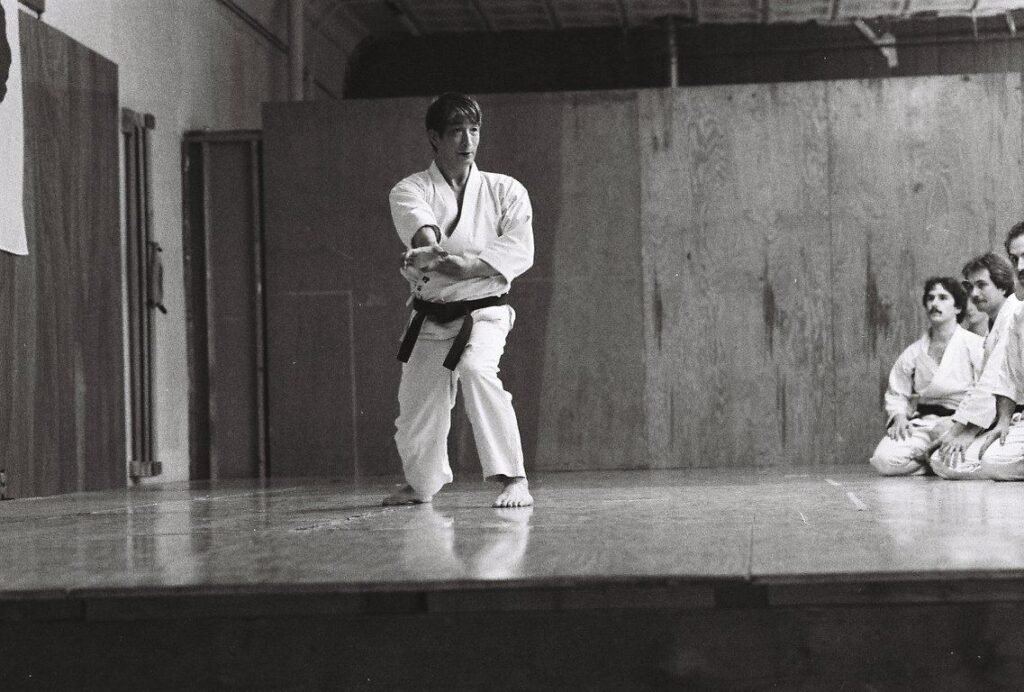

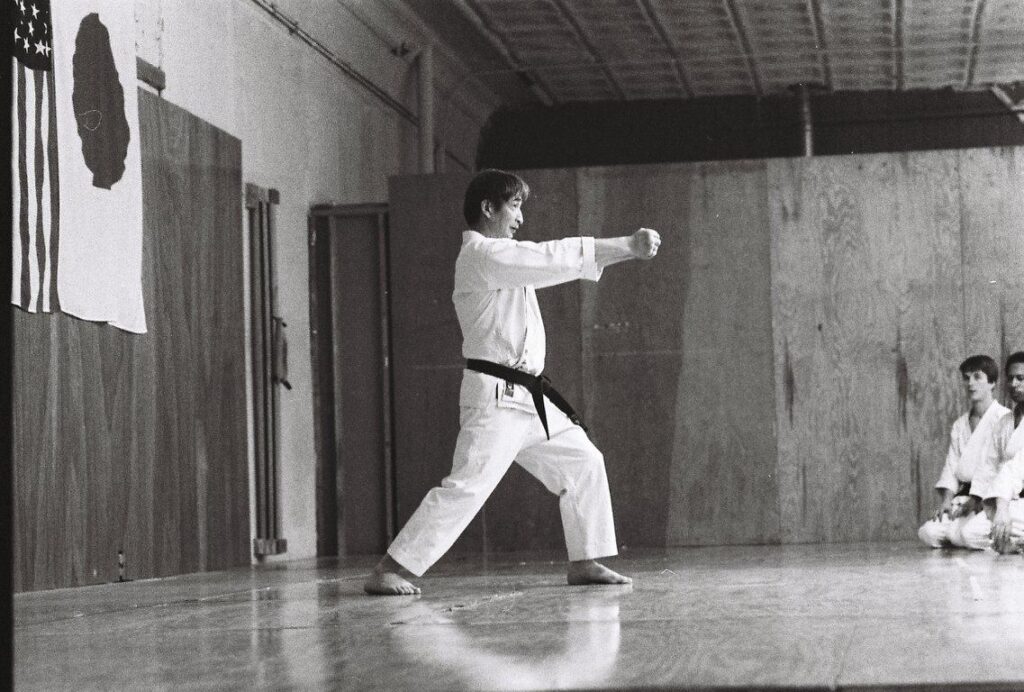
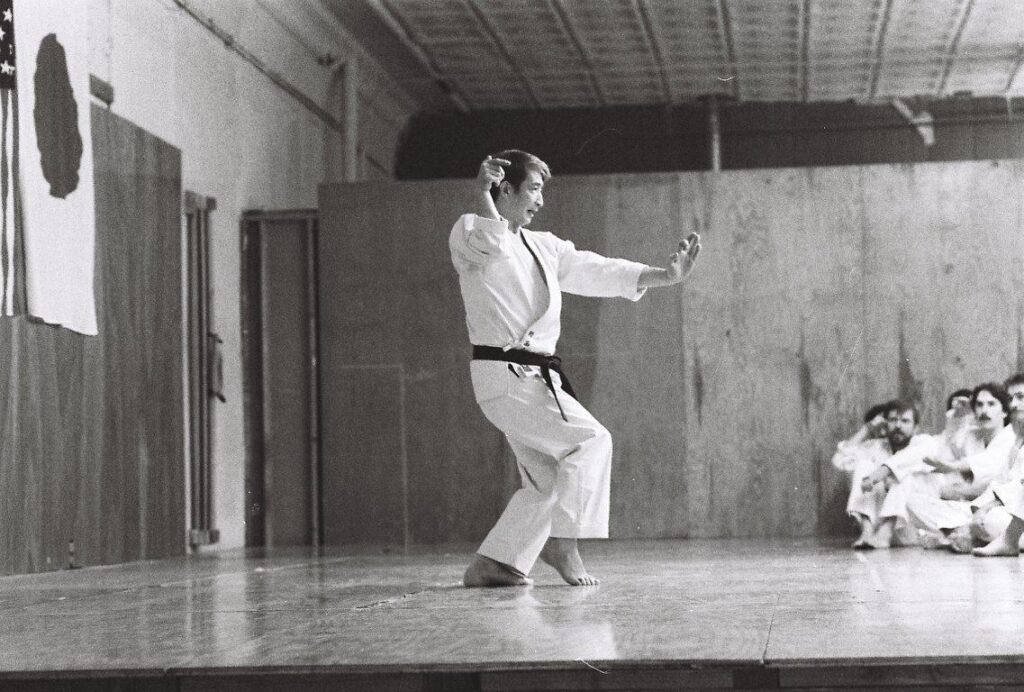

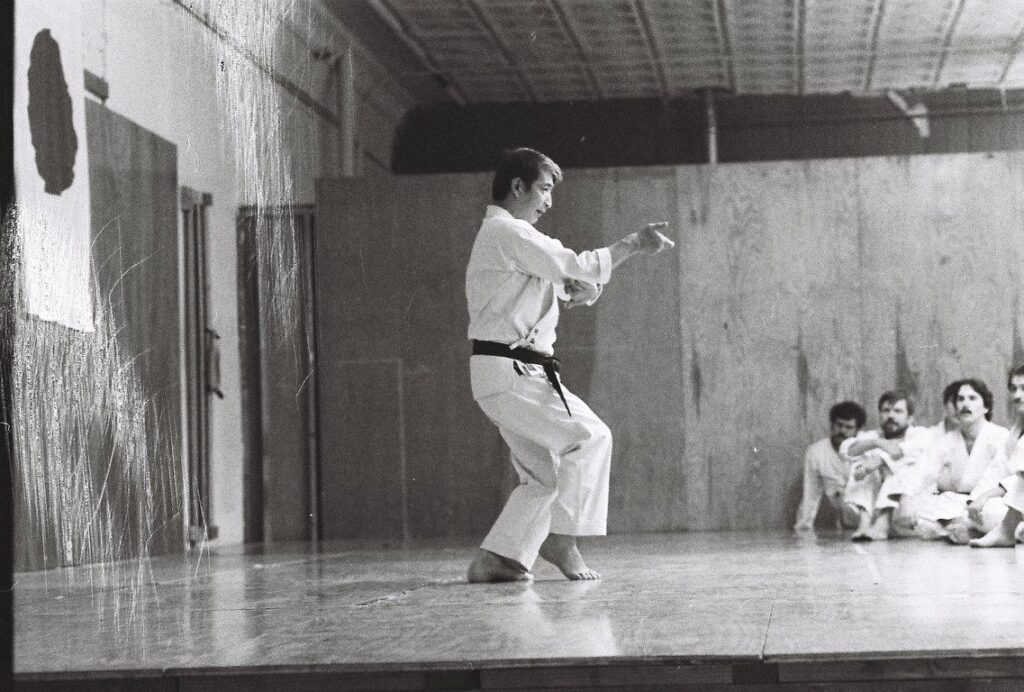
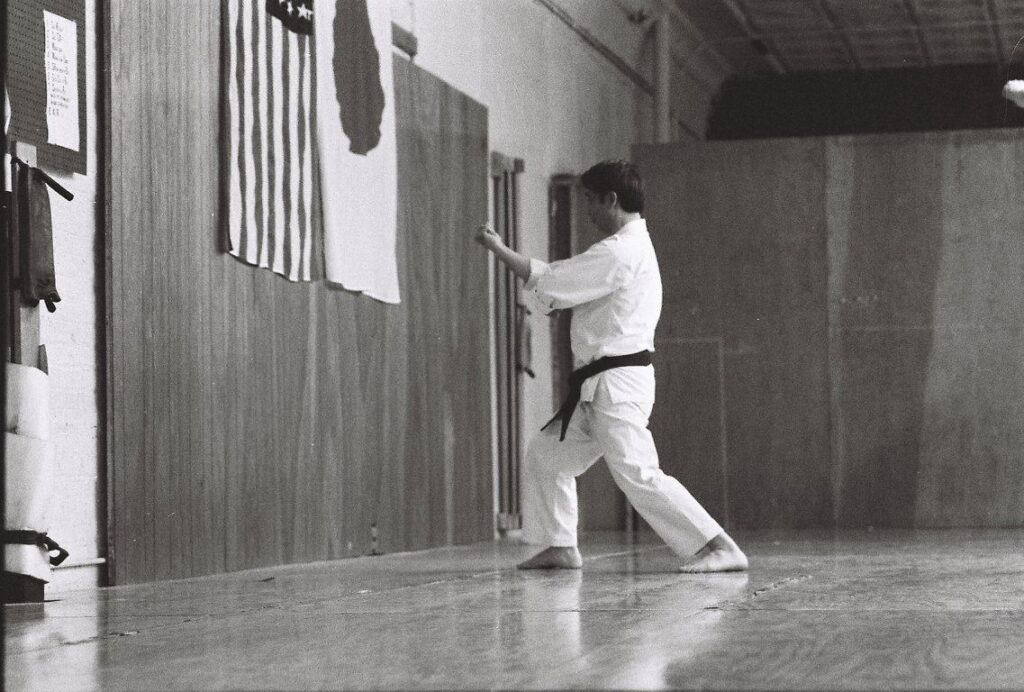
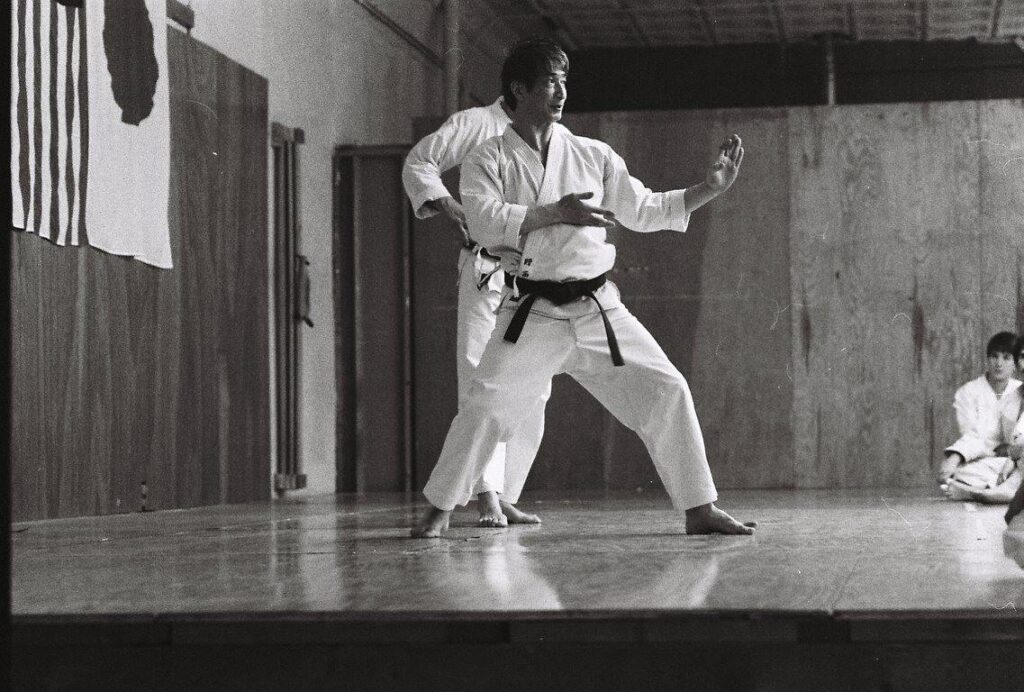
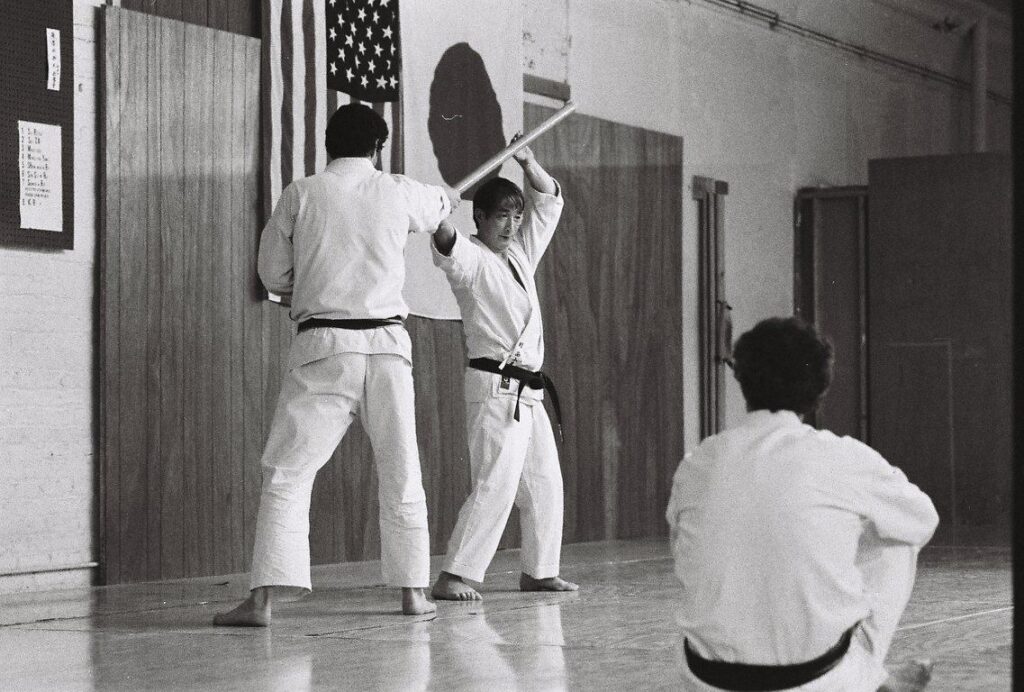
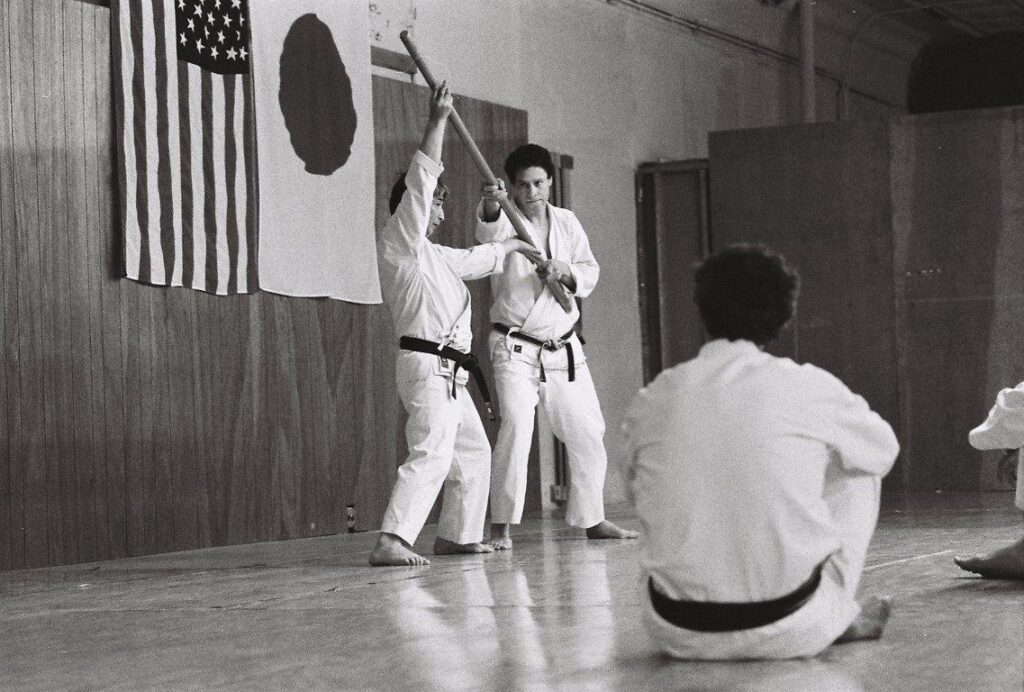

What is Traditional Karate
As its most basic description, Traditional Karate is a holistic system of fighting that emphasizes punching, blocking, striking, kicking, and sweeping. The art emphasizes total body connection, proper usage of physiological movements, muscle contraction/expansion, timing, and the concept of emotional stability to generate powerful, effective techniques that can stop attacks.
This method of training enables students from any age and any athletic level to learn how to defend themselves.

Tools to avoid physical conflict
This method of training enables students from any age and any athletic level to learn how to defend themselves.

Strong Foundation
Builds a physical and mental foundation to improve performance in other sports (i.e., soccer, tennis, baseball, etc.) or arts (jiu jitsu, kendo, etc.).
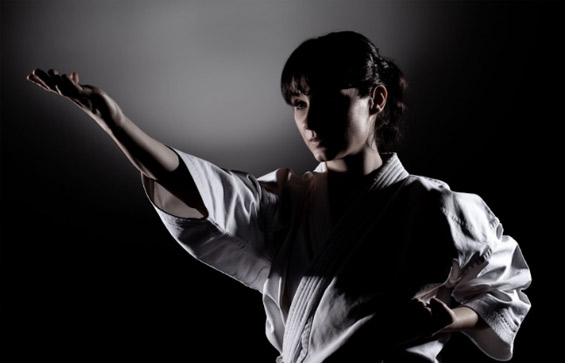
Mindfulness
Increases mindfulness of self in environment.
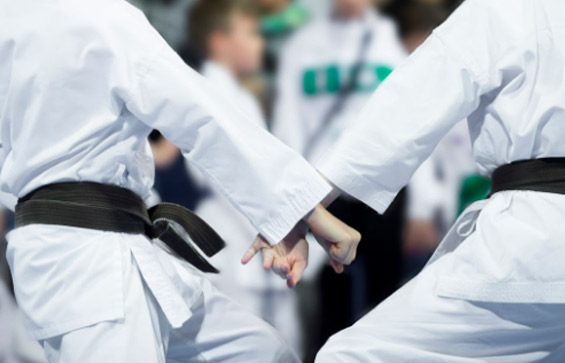
Effectively Engage
This method of training enables students from any age and any athletic level to learn how to defend themselves.
